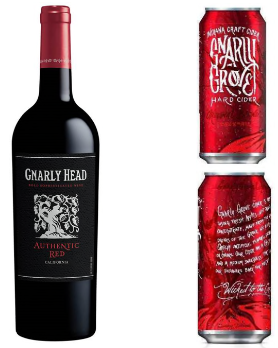Indianapolis, Indiana – Plaintiff Heartland Consumer Products LLC of Carmel, Indiana filed an intellectual property lawsuit in the Southern District of Indiana alleging trademark and trade dress infringement, trademark dilution and unfair competition under the Lanham Act, as well as related wrongdoing under the Indiana State Trademark Act, the common law of the State of Indiana and the Indiana Crime Victims Act. The intellectual property at issue pertains to Splenda®, a Heartland trademark under which it offers sucralose, a low-calorie sweetener.
Defendants in the litigation are Dunkin’ Brands, Inc. and Dunkin’ Donuts Franchised Restaurants LLC  of Canton, Massachusetts. They are accused of “deceiving customers into believing the Dunkin’ Donuts restaurants carry Splenda® Brand Sweetener,” by both tacitly and affirmatively misrepresenting that the non-Splenda sucralose product that the Dunkin’ Defendants offer is, in fact, Heartland’s Splenda. Plaintiff contends that consumers were confused about whether the sweetener that the Dunkin’ Defendants offered was Splenda and that some have complained that adding the other sweetener to their Dunkin’ Donuts products imparted a “funny taste.”
of Canton, Massachusetts. They are accused of “deceiving customers into believing the Dunkin’ Donuts restaurants carry Splenda® Brand Sweetener,” by both tacitly and affirmatively misrepresenting that the non-Splenda sucralose product that the Dunkin’ Defendants offer is, in fact, Heartland’s Splenda. Plaintiff contends that consumers were confused about whether the sweetener that the Dunkin’ Defendants offered was Splenda and that some have complained that adding the other sweetener to their Dunkin’ Donuts products imparted a “funny taste.”
Defendants discontinued their agreement to purchase and offer Heartland’s Splenda in April 2016. According to the Indiana complaint, following that decision, Defendants began offering sweetener in yellow packets similar to the single-serving packets in which Splenda is offered to the public. Plaintiff contends that, when asked, Defendants in a “clear majority of stores affirmatively represented, through their agents or employees, that non-Splenda® sucralose sweetener was instead Splenda® Brand Sweetener.” Plaintiff further contends that Dunkin’ Defendants are misappropriating Plaintiff’s trademarked “Sweet Swaps®” by the use of a similar term “Smart Swaps.”






